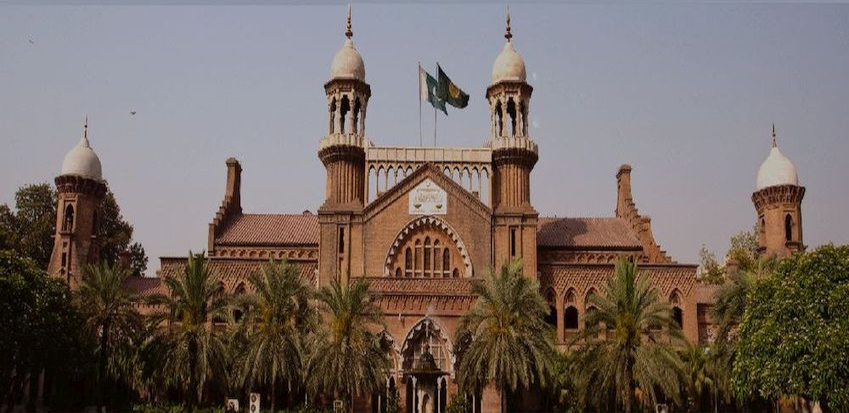Under Section 5 of the Pakistan Citizenship Act, 1951, a person born to a Pakistani Citizen is a Pakistani by descent, irrespective of the Nationality of the other Parent --- Lahore High Court, Lahore
Islamabad 12-10-2024: In a significant ruling, the Lahore High Court, Rawalpindi Bench, directed the National Database and Registration Authority (NADRA) to issue Pakistan Origin Cards (POCs) to the minor daughters of a Pakistani citizen, Majida Naz, who had been denied the cards due to a lack of security clearance. The judgment underscores the legal principle that discretionary powers must be exercised fairly and in accordance with the law.
Majida Naz, a Pakistani citizen by birth, filed a Writ Petition [Writ Petition No. 700 of 2021] under Article 199 of the Constitution of Pakistan, 1973, after her application for POCs for her minor daughters, Javeria Inam Khan and Maryam Inam Khan, was rejected by NADRA. The children were born to Majida and her Afghan husband in 2013 and 2015. NADRA declined the issuance of the cards, citing a lack of security clearance from the relevant agencies.
Counsel for the petitioner argued that under Section 5 of the Pakistan Citizenship Act, 1951, the minors are Pakistani citizens by descent, as their mother is a Pakistani national. It was contended that despite the Afghan nationality of their father, the children are legally entitled to citizenship and therefore eligible for POCs.
The petitioner further argued that the denial of the cards based on Standard Operating Procedures (SOPs) was inconsistent with the statutory provisions of the Pakistan Citizenship Act, 1951. The SOPs, the counsel argued, cannot override or contradict the provisions of the law.
NADRA, along with the Ministry of Interior, maintained that the issuance of POCs was not an absolute right and is subject to conditions relating to national security and sovereignty. They argued that the children, being the daughters of an Afghan citizen, were required to pass security clearance, which was not granted. Therefore, NADRA refused the issuance of POCs.
The Court, presided by Mr. Justice Shakil Ahmad, ruled in favor of the petitioner, stating that the minors, by virtue of Section 5 of the Pakistan Citizenship Act, 1951, are citizens of Pakistan. The Court highlighted that the discretionary powers of NADRA were exercised arbitrarily and without lawful justification.
Citing case law, including [Suo Moto Case No.11 of 2011] [PLD 2014 Supreme Court 389] and Messrs. Mehraj Flour Mills Vs. Provincial Government (2001 SCMR 1806), the Court reiterated that SOPs and rules cannot contradict the provisions of the parent statute. The Court also emphasized that public functionaries must perform their duties in accordance with the law, and any discretionary power must be exercised fairly and transparently, as outlined in Section 24-A of the General Clauses (Amendment) Act, 1997.
Under Section 5 of the Pakistan Citizenship Act, 1951, a person born to a Pakistani citizen is a Pakistani by descent, irrespective of the nationality of the other parent.
Discretionary powers, especially by public authorities, must be exercised reasonably, fairly, and transparently, with no room for arbitrariness.
Primacy of Statutory Law: No rule or SOP can override the provisions of a statute, and any inconsistency will render such rules invalid.
The Court ordered NADRA to issue POCs to the minors in accordance with the law, marking a significant affirmation of citizenship rights by descent for children of Pakistani nationals. This ruling sets a clear precedent that discretionary powers exercised by public authorities must be grounded in law and statutory provisions must take precedence over internal rules or SOPs.
This decision is expected to impact future cases where POCs or similar rights are denied on grounds of national security without clear justification, ensuring that the rights of Pakistani citizens, especially minors, are safeguarded under the law.
Powered by Froala Editor








